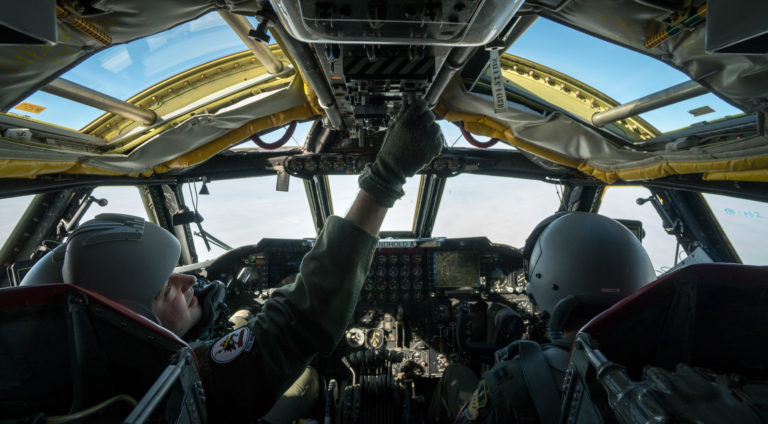Alice Hunt Friend, Reja Younis

In the conventional realm, civil-military relations in the United States have been shaped by two interactive paradoxes: a paradox of vulnerability and a paradox of control. The former expresses the trade-offs between the country’s security from external and internal aggression. Simply put, larger, more capable militaries are better able to defend against external threats but pose greater risks to abuse of power. The latter refers to the two main theories of civilian control of the military, both of which erode civilian control in practice. These paradoxes compromise genuine civilian control of nuclear weapons, even as they give formal assurance of it. Thus, in the nuclear realm, the challenge of civilian control is solved with presidential authority. But concentrating launch power into just one pair of hands is not without its drawbacks. It means that the main source of that individual’s information and decision criteria wields enormous and irrevocable influence. Understanding and addressing the concessions that presidents might make to military expertise surfaces the precarious nature of civilian nuclear command and control.
No comments:
Post a Comment